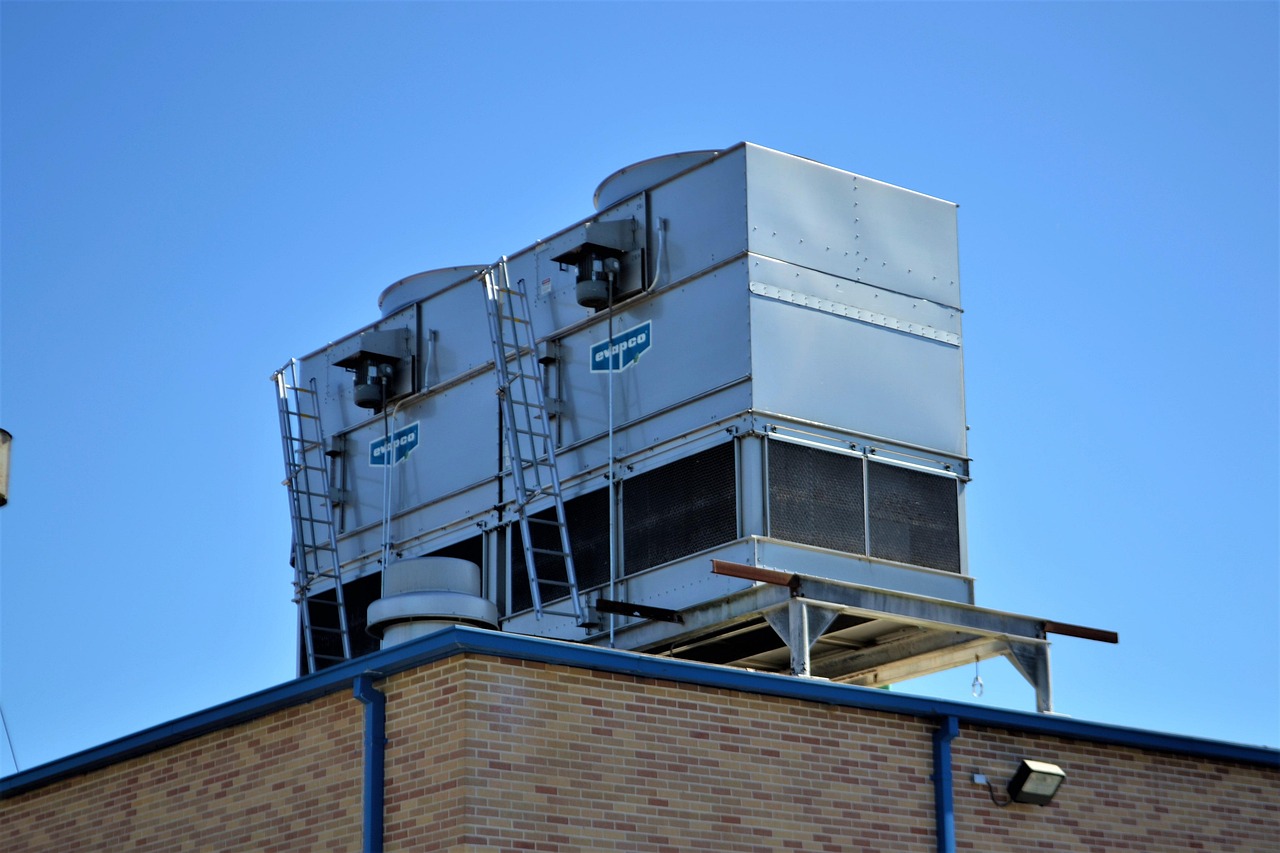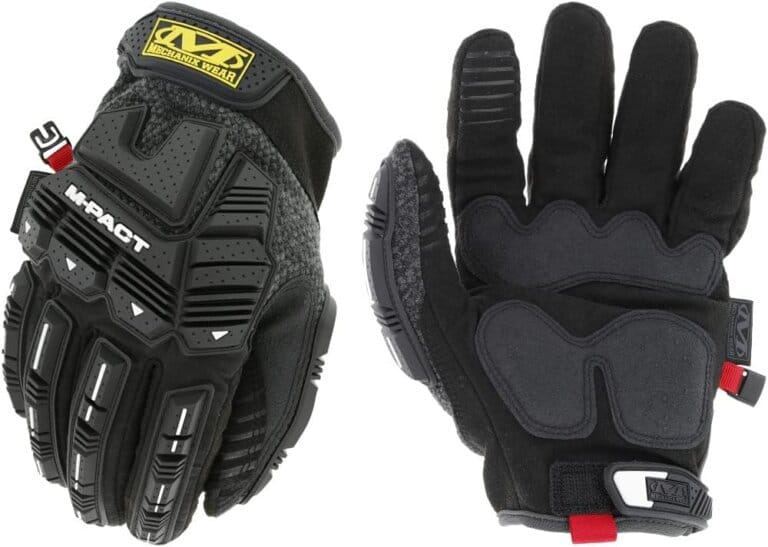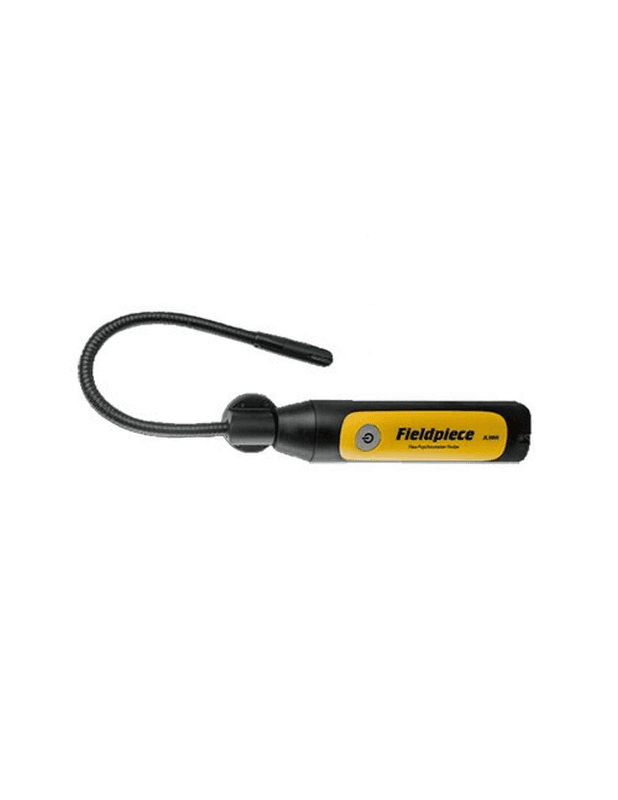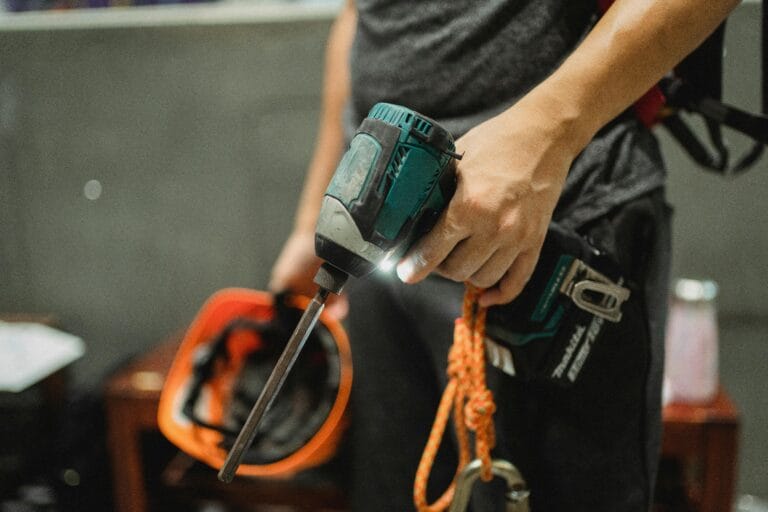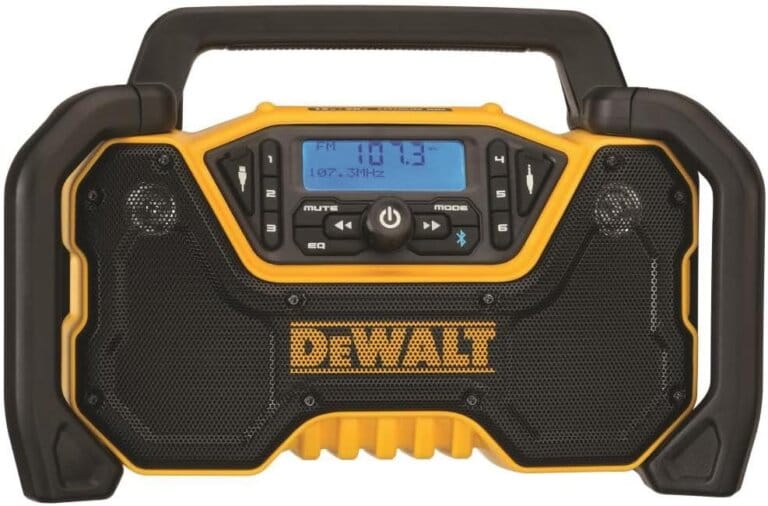How to Choose the Right Refrigerant Leak Detector for Your HVAC Business (2025 Guide)
How to Choose the Right Refrigerant Leak Detector for HVAC Techs (2025 Guide)

How to choose the right refrigerant leak detector is a question every HVAC tech asks at some point — especially when your reputation (and profit) depends on fast, accurate diagnosis. In this guide, we’ll break down what to look for in 2025 so you can choose the best leak detector for your work style, budget, and performance expectations.
Whether you’re a seasoned technician or just starting out, having the best leak detection tool in your field bag is essential for minimizing callbacks and protecting your client’s equipment. Let’s dive into the key features that separate pro-grade tools from gimmicks.
1. Detection Method: Heated Diode vs Infrared vs Ultrasonic
- Heated Diode Detectors (like the Bacharach Informant 2) are great for general use — reliable, sensitive, and versatile.
- Infrared Detectors are more expensive but offer longer sensor life and better performance in contaminated environments.
- Ultrasonic Detectors use sound rather than chemicals — best for very large or outdoor leaks but less sensitive for small refrigerant leaks.
Pro Tip: For most residential and light commercial techs, heated diode models strike the best balance of performance and value.
2. Sensitivity Level Matters
- A good leak detector should reliably sense leaks as small as 0.25–0.5 oz/year.
- Higher sensitivity = faster finds, especially when chasing tiny system leaks that could kill efficiency.
Pro Tip: Adjustable sensitivity settings are a major plus to avoid false alarms in tight quarters.
3. Sensor Life and Maintenance
- Heated diode sensors may need regular calibration or replacement after heavy use.
- Infrared sensors usually last longer but raise the upfront cost.
Pro Tip: Always check replacement sensor prices before buying — some detectors are cheap up front but expensive to maintain long-term.
4. Size, Weight, and Portability
- Lightweight, flexible probes make navigating tight equipment racks and crawlspaces way easier.
- A leak detector you actually like carrying means you’re more likely to use it properly on every call.
Pro Tip: Choose a compact unit with rechargeable power and a durable case — you’ll thank yourself later.
5. Extras That Actually Matter
- Visual and Audible Alarms — useful on noisy job sites.
- Fast Warm-Up Times — less waiting around.
- Rechargeable Batteries — cheaper over the long haul.
Pro Tip: Some detectors (like the Informant 2) offer swappable heads for refrigerants and combustibles — ideal if you work across HVAC and appliance service.
Conclusion: Choose Your Leak Detector Wisely
The right refrigerant leak detector is one of the most important tools in your field kit. Choosing carefully based on your workload, environment, and service volume will help you find leaks faster, impress clients, and stay profitable without breaking your gear budget.
Need model-specific guidance? Read our full breakdown: Inficon Tek-Mate Leak Detector Review. Or check out our comparison: Top 5 Refrigerant Leak Detectors for HVAC Techs (2025 Update). Plus, our Bacharach Informant 2 Review gives you the scoop on a dual-function pro favorite.
